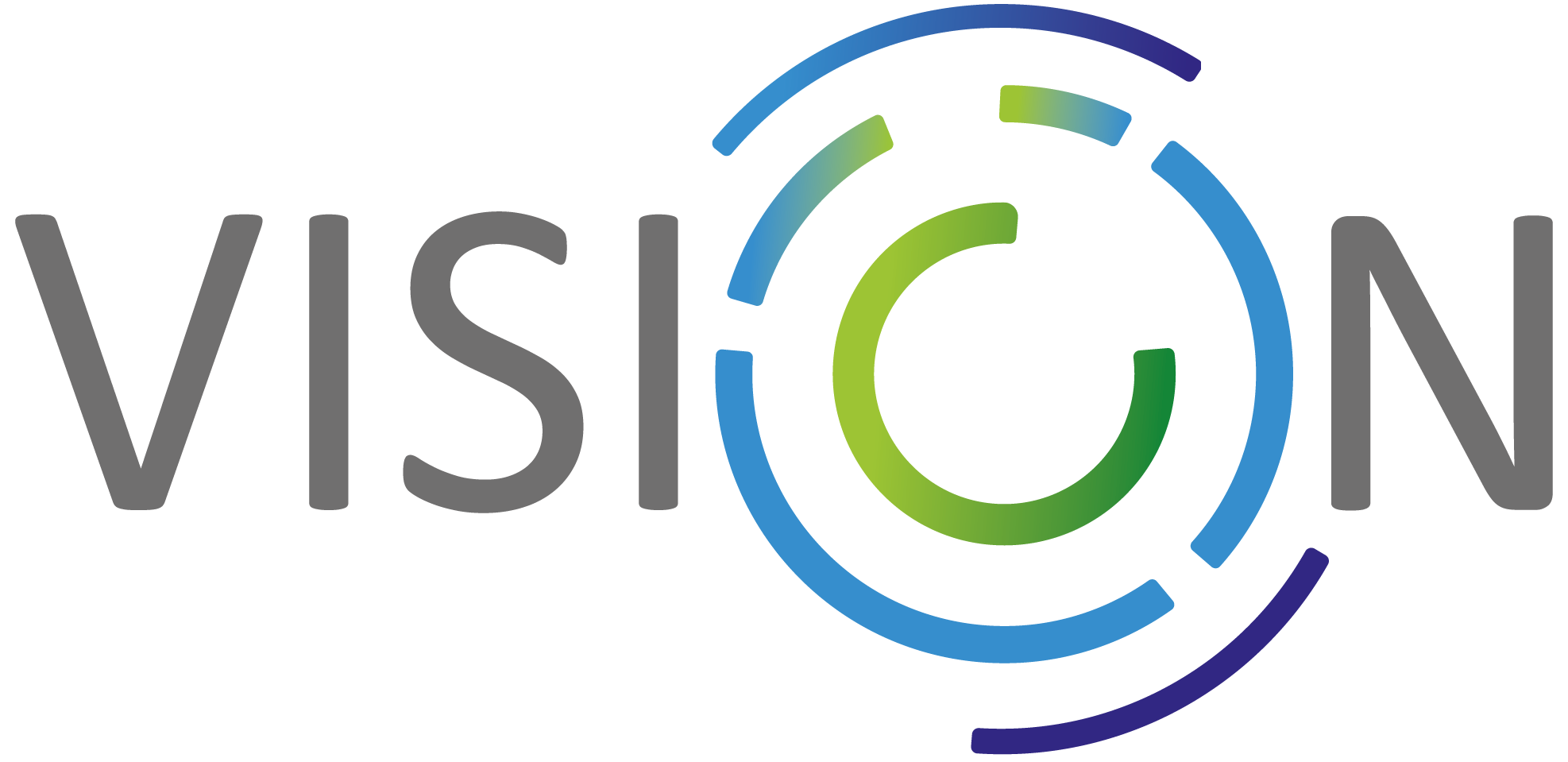What is AI?
Artificial intelligence gives machines the capability to analyse their environment and make decisions with some degree of autonomy to achieve specific goals.
EC – A European approach to Artificial intelligence
Artificial intelligence (AI) refers to systems that display intelligent behaviour by analysing their environment and taking actions – with some degree of autonomy – to achieve specific goals.
EC – AI Communication
Knowledge Centre Data & Society states there are three major categories of descriptions. They either emphasise (1) the human aspect, (2) the technology, or (3) the intelligence of the AI system itself.
- Human: “[AI is] The study of how to make computers do things at which, at the moment, people are better.”
- Technology: “[AI is] A collective term for computer systems that can sense their environment, think, learn, and take action in response to what they’re sensing and their objectives.”
- Intelligence: “AI is concerned with getting computers to do tasks that would normally require human intelligence.”
These are just a few of many interpretations.
Learn more at
brAInfood series
What does Artificial intelligence (AI) exactly mean?
Today AI is becoming much more practical and functional for our daily lives. It is everywhere from different apps on your phone and filters that move spam emails from your inbox to systems helping different sectors organise their data. So, you can think about AI in the same way you already think about electricity: an essential tool that is powering technology, innovation and science. But since it is also learning on its own, we must make sure we teach it well to make it respect our values.
EC – Artificial intelligence | Shaping Europe’s digital future
Artificial Intelligence, Data and Robotics will create new opportunities, transform many if not all verticals and ultimately shift the balance of power in the shortest possible time. AI, Data and Robotics combined will be the core driver of innovation, productivity and economic growth. Together they can be used to solve the greatest challenges we face: Environmental sustainability; energy, food and water security; and improving health and quality of life.
SRIDA
Like the steam engine or electricity in the past, AI is transforming our world, our society and our industry. Growth in computing power, availability of data and progress in algorithms have turned AI into one of the most strategic technologies of the 21st century.
EC – AI Communication
Useful resources on AI
EC documents on AI
- A European approach to Artificial intelligence | Shaping Europe’s digital future (europa.eu)
- Communication: Artificial Intelligence for Europe (Apr 2018)
- Communication: Coordinated Plan on Artificial Intelligence (Dec 2018) – COM(2018)795/F1 – EN (europa.eu)
- Communication: Building Trust in Human Centric Artificial Intelligence | Shaping Europe’s digital future (Apr 2019)
- Coordinated Plan on Artificial Intelligence | Shaping Europe’s digital future
- EC White Paper – On Artificial Intelligence – A European approach to excellence and trust (Feb 2020)
- High-Level Expert Group on AI – Ethics Guidelines for Trustworthy AI | Shaping Europe’s digital future
- The European AI Alliance | Shaping Europe’s digital future
Other documents regarding AI policies
European AI Community
- AIDIH network – Digital Innovation Hubs Network
- AI4EU | AI4EU
- BDVA/DAIRO
- CLAIRE – Confederation of Laboratories for Artificial Intelligence Research in Europe Confederation of Laboratories forArtificial Intelligence Research in Europe
- ELLIS – European Lab for Learning & Intelligent Systems
- EurAI – European Association for Artificial Intelligence
- euRobotics
